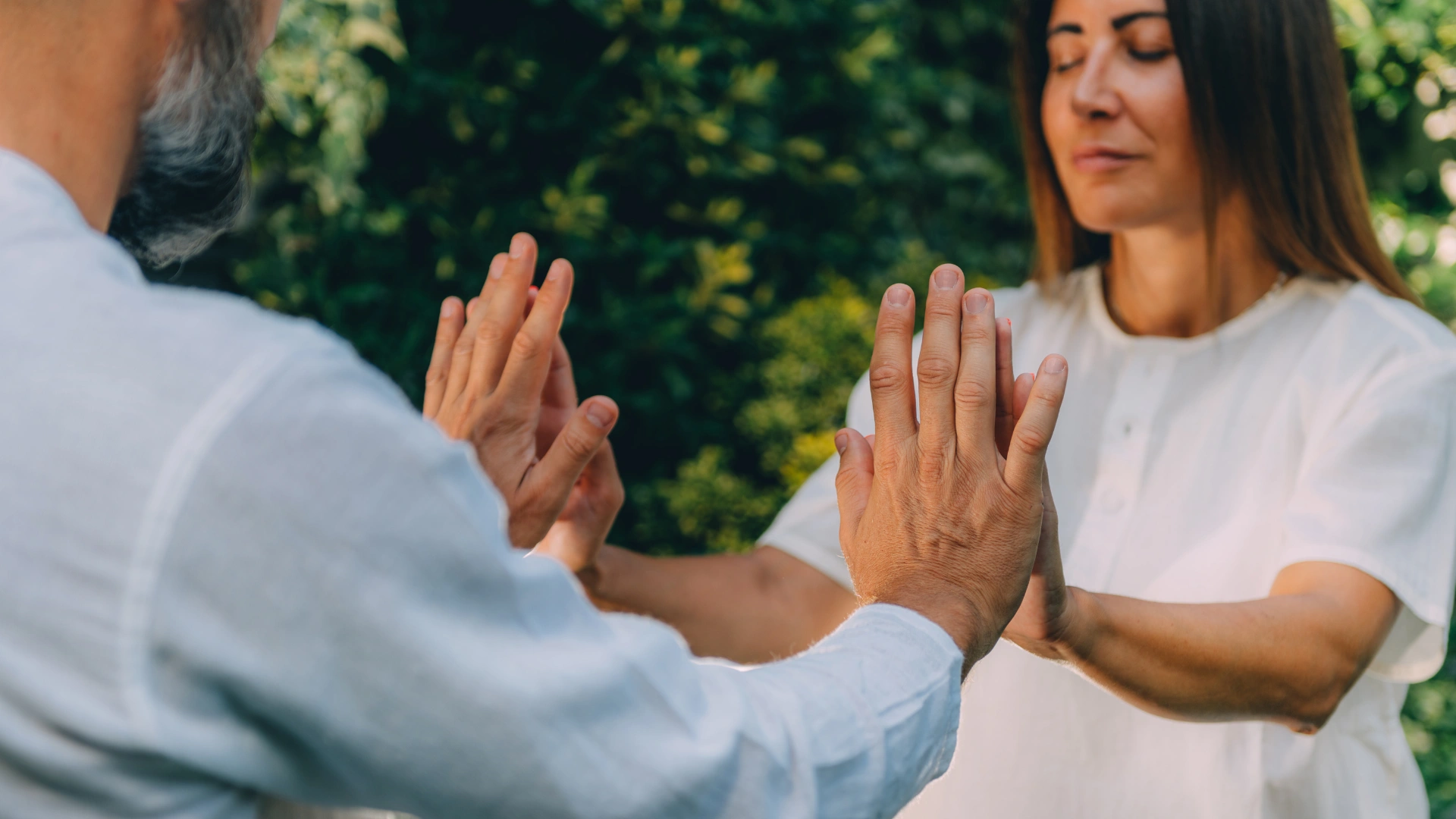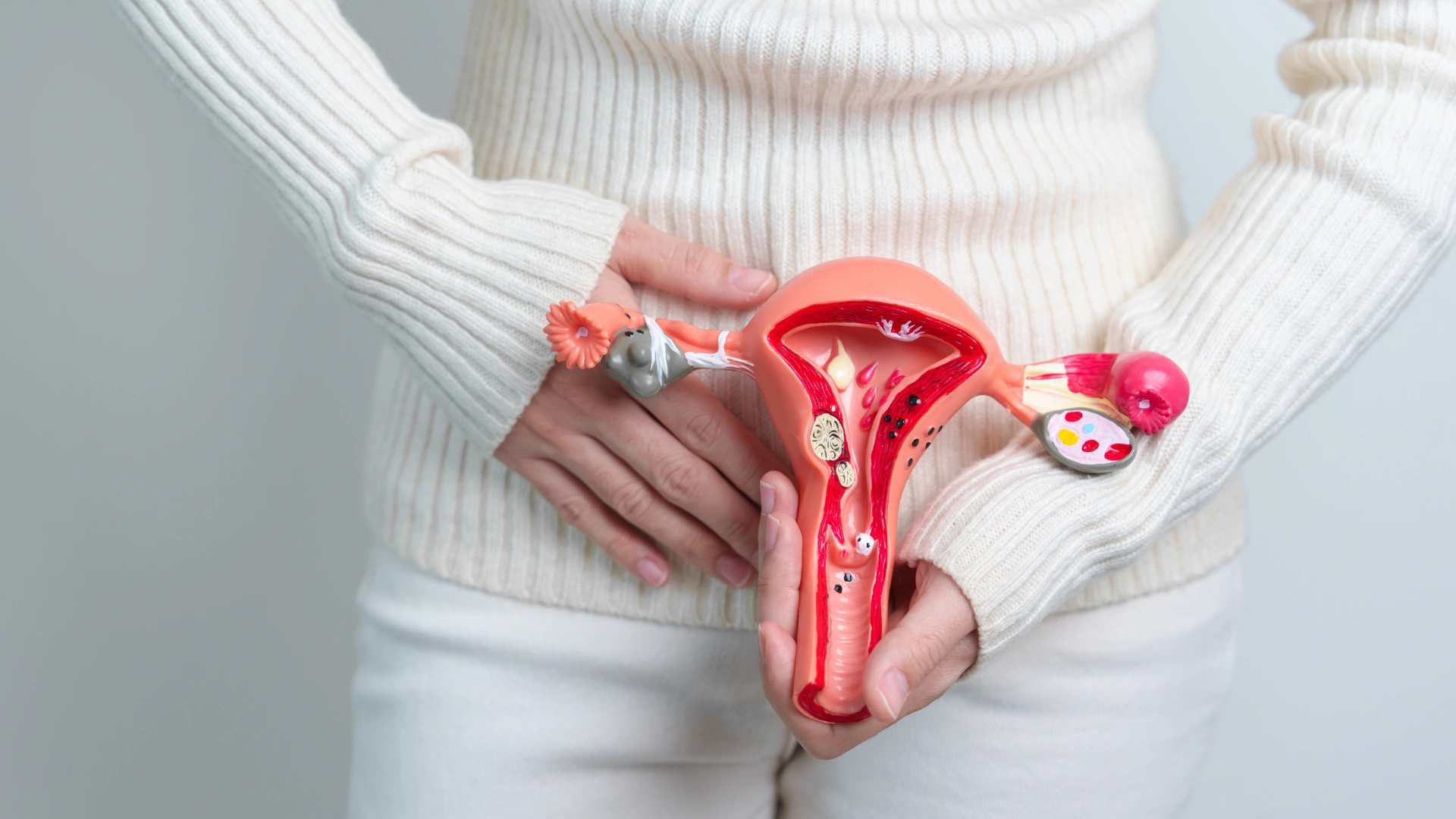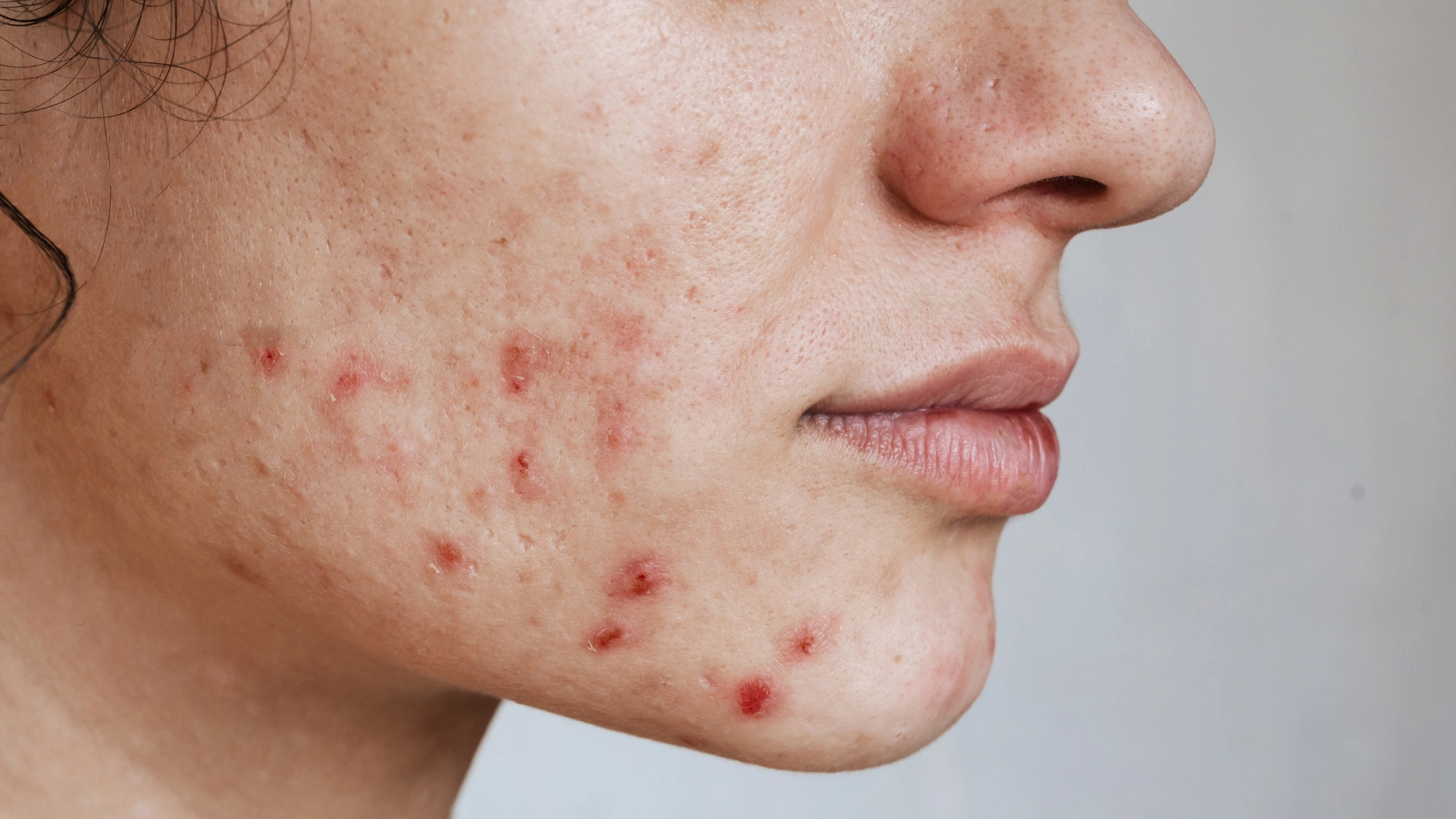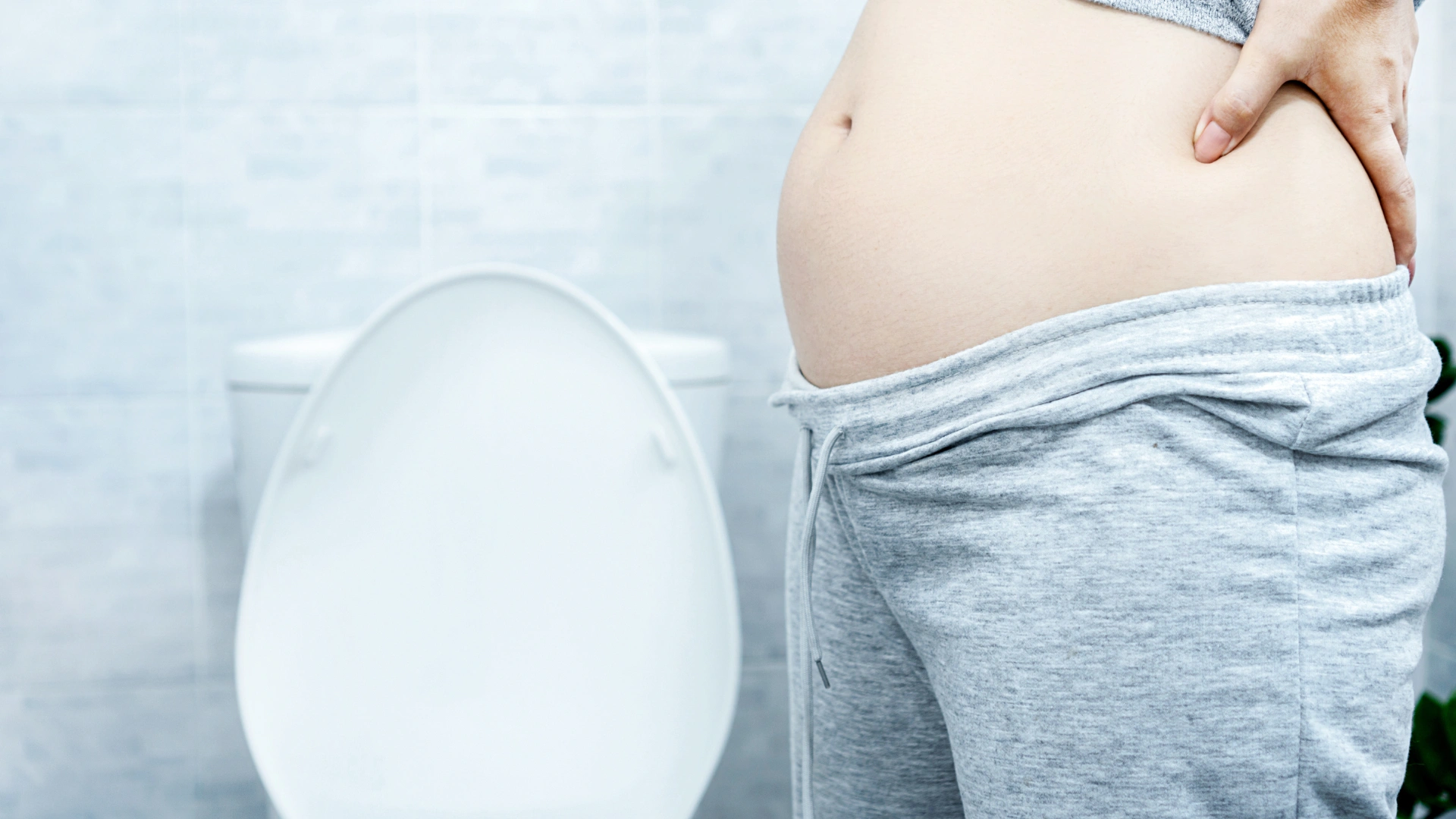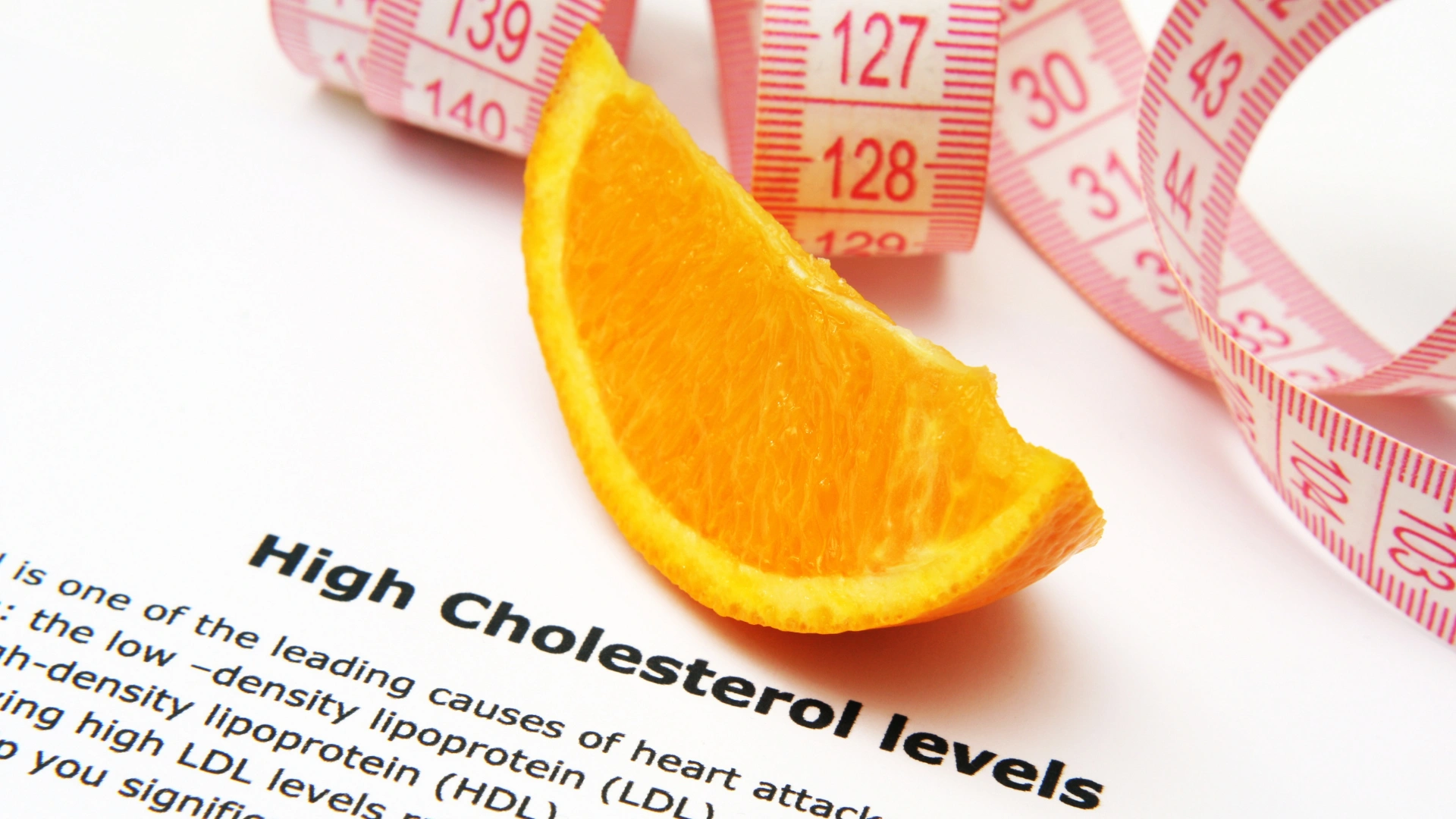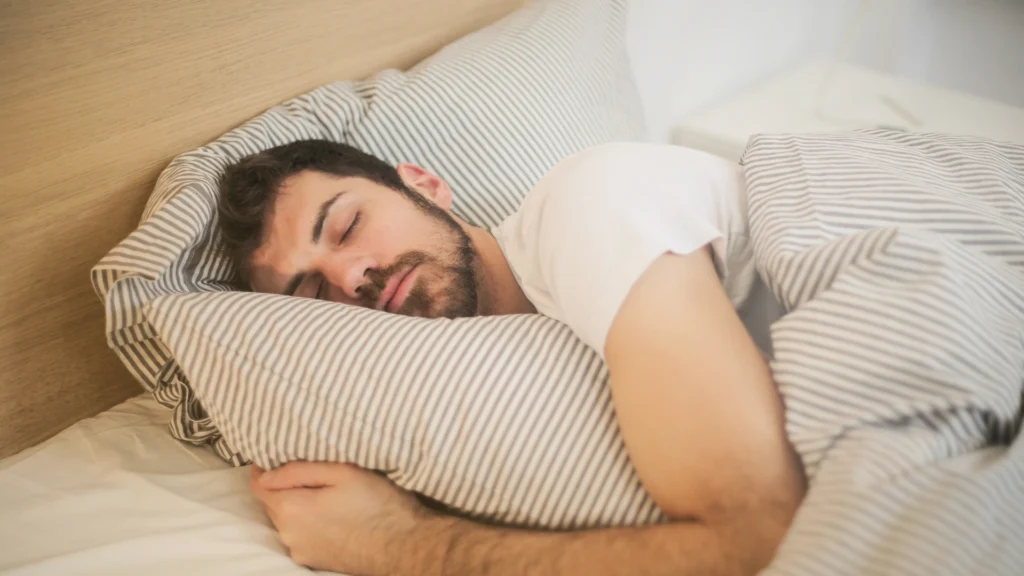
Did you know that between 50 to 70 million Americans suffer from chronic sleep disorders? Sleep issues are a common problem, affecting a significant portion of the population and disrupting daily life. In this article, you will learn about 20 of the best natural sleep aids in 2024 that can help you achieve better sleep quality without relying on medications. If you’re looking at how to sleep better at night naturally, this guide will provide valuable insights.
Valerian Root
Valerian root has been used for centuries as a natural remedy for various ailments, including insomnia and anxiety. It works by increasing the amount of a chemical called gamma-aminobutyric acid (GABA) in the brain. GABA helps regulate nerve cells and has a calming effect, which can reduce anxiety and promote sleep.
Studies have shown valerian root can improve sleep quality and reduce the time it takes to fall asleep. It is often taken in capsule form but can also be consumed as a tea. The typical dosage ranges from 300 to 600 mg of valerian extract, taken 30 minutes to two hours before bedtime. It’s considered safe for most people, but some may experience mild side effects such as headaches or dizziness.
Chamomile Tea
Chamomile tea is another popular natural sleep aid known for its calming and relaxing properties. Chamomile contains an antioxidant called apigenin, which binds to certain receptors in your brain that may decrease anxiety and initiate sleep. Research has found that drinking chamomile tea can improve sleep quality, especially for those who suffer from insomnia. One study revealed that people who consumed chamomile extract twice daily for 28 days had better sleep quality than those who did not.
To use chamomile tea as a sleep aid, simply steep one to two teaspoons of dried chamomile flowers in hot water for about five minutes, then strain and drink for about 30 minutes before bed. Chamomile tea is generally safe, but people allergic to plants in the daisy family should avoid it. This is a great option for those seeking home remedies to fall asleep quickly.
Lavender Essential Oil
The scent of lavender can help slow down the nervous system, reduce stress, and promote relaxation, leading to better sleep. Research indicates that lavender essential oil can improve sleep quality, increase the amount of deep sleep, and help you feel more refreshed in the morning. It is often used in aromatherapy by adding a few drops to a diffuser, pillow, or bath. You can also apply diluted lavender oil directly to your skin, such as wrists or temples. If you’re wondering how to fall asleep fast without medication, lavender essential oil might be the solution.
Melatonin Supplements
Melatonin is a hormone that your body naturally produces in response to darkness. It plays a crucial role in regulating your sleep-wake cycle. Melatonin supplements are commonly used to treat sleep disorders, particularly those related to circadian rhythm disruptions such as jet lag or shift work.
Studies have shown that melatonin supplements can help people fall asleep faster and improve sleep quality. The typical dosage ranges from 0.5 to 5 mg, taken about 30 minutes to an hour before bedtime. It’s important to start with a lower dose and gradually increase it if needed. Melatonin is generally safe, but it can cause side effects like dizziness, headaches, and daytime sleepiness in some people. Many other options are available for those interested in falling asleep without melatonin.
Passionflower Extract
Passionflower extract is derived from the Passiflora plant and has been used traditionally to treat anxiety and insomnia. It is believed to work by increasing gamma-aminobutyric acid (GABA) levels in the brain, which helps reduce brain activity and promote relaxation. Research suggests that passionflower can improve sleep quality and reduce the time it takes to fall asleep.
It can be consumed in various forms, including tea, tinctures, and capsules. To use passionflower as a sleep aid, drink a cup of passionflower tea about an hour before bedtime or take a 250-500 mg supplement. While generally safe, passionflower can cause mild side effects such as dizziness and confusion in some individuals.
Magnesium
Magnesium is an essential mineral that plays a significant role in many bodily functions, including muscle relaxation and nerve function. It also helps regulate the production of melatonin, the hormone responsible for controlling your sleep-wake cycle. Magnesium is a beneficial option for those looking for natural sleep remedies for the elderly.
Studies have shown magnesium supplements can improve sleep quality, particularly in older adults with lower magnesium levels. Magnesium can be taken in supplement form, such as magnesium citrate or magnesium glycinate, with a typical dosage ranging from 200 to 400 mg daily. It is also found in nuts, seeds, leafy greens, and whole grains. While generally safe, excessive magnesium intake can cause digestive issues like diarrhea.
Lemon Balm
Lemon balm (Melissa officinalis) is an herb from the mint family traditionally used to reduce stress and anxiety, both of which can contribute to sleep problems. It contains compounds that have a calming effect on the nervous system, helping to improve sleep quality.
Research has shown that lemon balm can significantly reduce the time it takes to fall asleep and enhance overall sleep quality. It can be consumed as a tea, tincture, or capsule. To make lemon balm tea, steep one to two teaspoons of dried leaves in hot water for about 10 minutes. Drink it about 30 minutes to an hour before bedtime. Lemon balm is generally safe, but it can cause mild side effects such as nausea and stomach pain in some individuals.
Ashwagandha
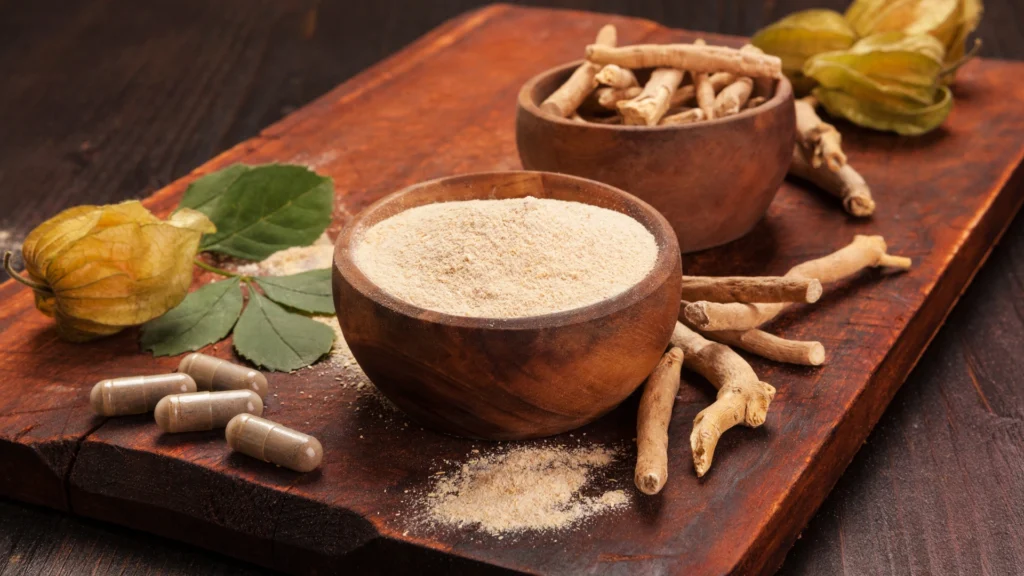
Ashwagandha is an adaptogenic herb used in Ayurvedic medicine for centuries to help the body manage stress. Its active compounds, including withanolides, have been shown to reduce cortisol levels and promote relaxation, making it easier to fall asleep and stay asleep.
Studies have demonstrated that ashwagandha can improve sleep quality, increase sleep duration, and reduce the time it takes to fall asleep. It is available in various forms, including powders, capsules, and extracts. The typical dosage ranges from 300 to 500 mg of ashwagandha extract, taken daily. While ashwagandha is generally safe, some people may experience mild side effects like headaches or digestive discomfort.
Tart Cherry Juice
Tart cherry juice is rich in antioxidants and contains natural melatonin, the hormone that regulates sleep-wake cycles. Drinking tart cherry juice has been found to increase melatonin levels and improve sleep quality.
Studies have shown that consuming tart cherry juice can lead to better sleep efficiency and longer sleep duration. To use tart cherry juice as a sleep aid, drink about 8 ounces twice daily, once in the morning and once about an hour before bedtime. Tart cherry juice is generally safe, but it is high in natural sugars, so those with diabetes or other conditions should consume it with caution. If you’re searching for the quickest way to fall asleep without pills, tart cherry juice might be your answer.
CBD Oil
CBD (cannabidiol) oil is derived from the hemp plant and has gained popularity for its potential health benefits, including improving sleep. CBD interacts with the body’s endocannabinoid system, which regulates various functions, including sleep.
Research indicates that CBD oil can help reduce anxiety, which in turn can improve sleep quality. It may also help with conditions that cause sleep disturbances, such as chronic pain. CBD oil is available in various forms, including tinctures, capsules, and edibles. The dosage can vary, but starting with a low dose of around 20-25 mg and gradually increasing it is recommended. CBD is generally well-tolerated, but it can cause side effects like dry mouth, diarrhea, and changes in appetite in some people.
Hops Extract
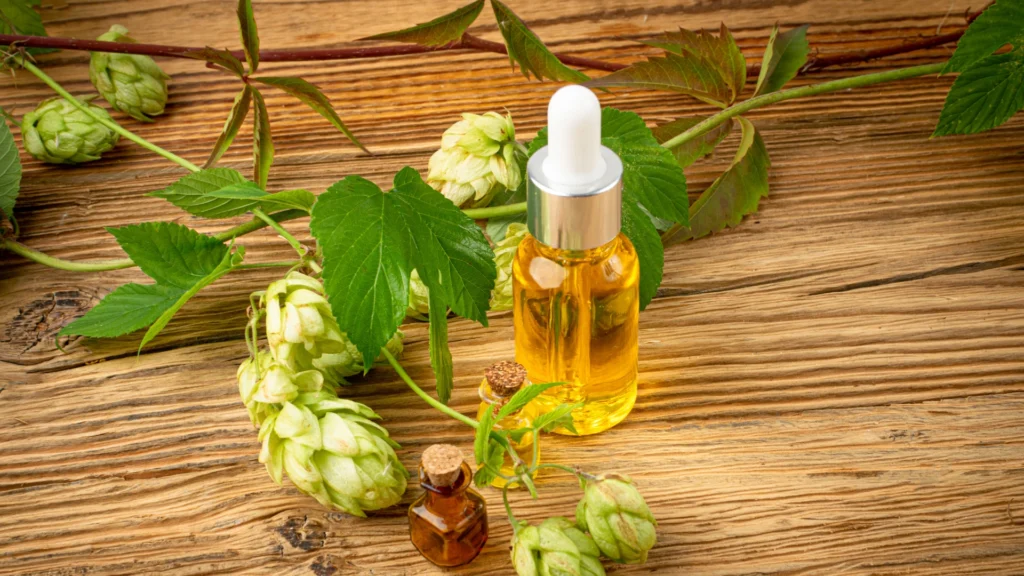
Hops extract, derived from the flowers of the hop plant (Humulus lupulus), is commonly known for its use in brewing beer. However, it also has soothing properties, making it a useful natural sleep aid. Hops contain compounds that help to calm the nervous system and promote relaxation.
Research suggests that hop extract can improve sleep quality and reduce the time it takes to fall asleep. It is often used in combination with valerian root for a synergistic effect. Hops extract can be taken in capsule form, with typical dosages ranging from 300 to 500 mg before bedtime. While generally safe, some people may experience mild side effects such as dizziness or gastrointestinal discomfort.
5-HTP
5-HTP (5-Hydroxytryptophan) is a naturally occurring amino acid and chemical precursor to serotonin, a neurotransmitter that regulates mood and sleep. Increasing serotonin levels can help improve sleep patterns and promote relaxation. Studies have shown that 5-HTP can increase sleep duration and improve sleep quality by enhancing the production of serotonin and melatonin. It is available in supplement form, with typical dosages ranging from 100 to 300 mg, taken about 30 minutes before bedtime. While generally safe, 5-HTP can cause side effects such as nausea, diarrhea, and headaches in some individuals.
Glycine
Glycine is an amino acid crucial in various bodily functions, including sleep regulation. It has a calming effect on the brain and can help lower core body temperature, essential for initiating sleep. Research indicates that glycine supplementation can improve sleep quality, reduce the time it takes to fall asleep and enhance daytime performance. Glycine is available in powder or capsule form, with typical dosages ranging from 3 to 5 grams, taken about an hour before bedtime. It is generally safe, but excessive intake can cause mild gastrointestinal discomfort in some people.
L-Theanine
L-Theanine is an amino acid found in tea leaves, particularly green tea. It promotes relaxation without causing drowsiness by increasing the levels of calming neurotransmitters in the brain, such as GABA, serotonin, and dopamine.
Studies have demonstrated that L-theanine can improve sleep quality, reduce stress, and enhance relaxation. It is available in supplement form, with typical dosages ranging from 100 to 200 mg, taken about 30 to 60 minutes before bedtime. L-theanine is generally considered safe, with few reported side effects.
Skullcap
Skullcap (Scutellaria lateriflora) is a traditional herbal remedy for alleviating anxiety, stress, and insomnia. It contains compounds that calm the nervous system, making it easier to relax and fall asleep. Research suggests that skullcaps can improve sleep quality and reduce the time it takes to fall asleep. Skullcaps are available in various forms, including teas, tinctures, and capsules.
To use skullcap as a sleep aid, drink a cup of skullcap tea or take a 300-600 mg supplement about an hour before bedtime. Skullcap is generally safe, but some people may experience mild side effects such as dizziness or stomach upset.
Kava
Kava (Piper methysticum) is a plant native to the South Pacific and is traditionally used to promote relaxation and reduce anxiety. Its active compounds, known as kavalactones, have sedative and anxiolytic effects. Studies have shown that kava can improve sleep quality, particularly for those suffering from anxiety-related sleep disturbances. It is available in various forms, including capsules, tinctures, and teas.
The typical dosage ranges from 100 to 300 mg of kavalactones, taken about an hour before bedtime. While kava is effective, it should be used with caution due to potential liver toxicity, especially with prolonged use or high doses. Always consult a healthcare professional before using kava.
California Poppy
California poppy (Eschscholzia californica) is a plant known for its bright orange flowers and its use as a natural remedy for insomnia and anxiety. The herb contains alkaloids that have a mild sedative effect, helping to promote relaxation and improve sleep quality.
Research indicates that California poppy can reduce the time it takes to fall asleep and enhance overall sleep quality. It is often used with other calming herbs like valerian or passionflower. California poppy can be consumed as a tea, tincture, or capsule. To use it as a sleep aid, you can steep one to two teaspoons of dried California poppy in hot water for about 10 minutes and drink it 30 minutes to an hour before bedtime. It is generally safe, but some may experience mild side effects such as drowsiness or stomach upset.
Rhodiola
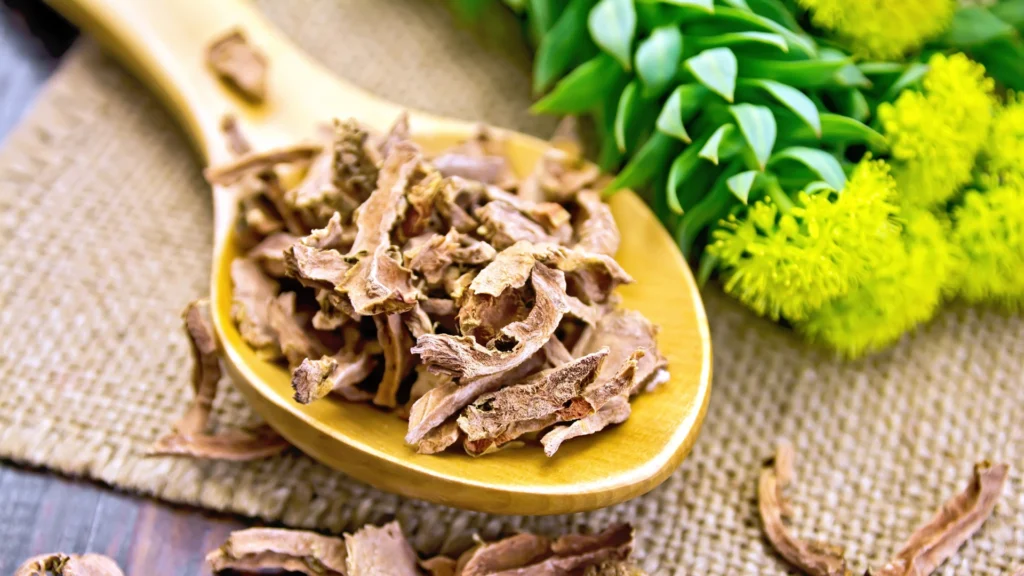
Rhodiola (Rhodiola rosea) is an adaptogenic herb traditionally used to increase energy, reduce fatigue, and improve resilience to stress. While it is more commonly associated with boosting mental performance and physical endurance, Rhodiola can also help improve sleep by reducing stress and anxiety.
Studies have shown that Rhodiola can help balance the body’s stress-response system, promoting better sleep. It is typically taken in capsule or tablet form, with dosages ranging from 200 to 600 mg per day. Rhodiola is generally considered safe, but it can cause side effects like dizziness, dry mouth, or jitteriness in some people.
GABA Supplements
GABA (gamma-aminobutyric acid) is a neurotransmitter that inhibits nerve activity in the brain, leading to a calming effect. GABA supplements promote relaxation and improve sleep quality by enhancing the brain’s natural calming processes. Research suggests that GABA supplements can help reduce anxiety, decrease the time it takes to fall asleep and enhance sleep quality.
They are available in various forms, including capsules, tablets, and powders. The typical dosage ranges from 500 to 1000 mg, taken about 30 to 60 minutes before bedtime. GABA supplements are generally safe, but some may experience mild side effects such as drowsiness or digestive discomfort.
Magnolia Bark
Magnolia bark (Magnolia officinalis) has been used in traditional Chinese medicine for centuries to treat anxiety, depression, and sleep disorders. It contains compounds such as honokiol and magnolol, which have been shown to have sedative and anxiolytic effects. Studies have indicated that magnolia bark can help reduce the time it takes to fall asleep, improve sleep quality, and reduce anxiety.
It is available in various forms, including capsules, tinctures, and teas. The typical dosage for magnolia bark extract is 200 to 400 mg, taken about 30 minutes before bedtime. Magnolia bark is generally safe, but it can cause mild side effects such as dizziness or gastrointestinal issues in some individuals.
Risks and Precautions
While natural sleep aids can be effective and generally safer than prescription medications, they are not without risks. Here are some important precautions to consider:
- Consult a Healthcare Provider: Before starting any new supplement, especially if you are pregnant, nursing, have existing health conditions, or are taking other medications, consult a healthcare provider to ensure safety and prevent interactions.
- Dosage and Duration: Follow recommended dosages and do not use sleep aids for extended periods without medical advice. Overuse can lead to dependency or diminish their effectiveness.
- Allergic Reactions: Be aware of potential allergic reactions, especially with herbal supplements. If you experience symptoms like rash, itching, or difficulty breathing, discontinue use and seek medical attention.
- Side Effects: Natural sleep aids can still cause side effects. Valerian root can cause headaches and dizziness, while kava can harm the liver. Monitor your body’s response and discontinue use if adverse effects occur.
- Quality and Purity: Choose high-quality products from reputable brands to ensure purity and potency. Supplements are not regulated as strictly as medications, so their quality can vary.
- Underlying Conditions: Persistent sleep problems might indicate an underlying health issue that requires professional diagnosis and treatment. Do not rely solely on sleep aids to address chronic sleep disorders.
Why Is Functional Medicine Important for Sleep?
Functional medicine is a holistic approach to health that focuses on identifying and addressing the root causes of disease rather than just treating symptoms. This approach is particularly important for sleep because sleep disorders often result from a combination of factors, including lifestyle, diet, stress, and underlying health conditions. Knowing how to improve sleep quality can make a significant difference.
Functional medicine practitioners comprehensively view a patient’s health history, lifestyle habits, and environmental influences to create a personalized treatment plan. This might include dietary changes, stress management techniques, exercise, and natural sleep aids when appropriate. By addressing the root causes of sleep problems, functional medicine can lead to more sustainable and long-lasting improvements in sleep quality. It emphasizes the importance of a balanced lifestyle and overall wellness, which can help prevent the recurrence of sleep issues.
What Foods Promote Better Sleep?
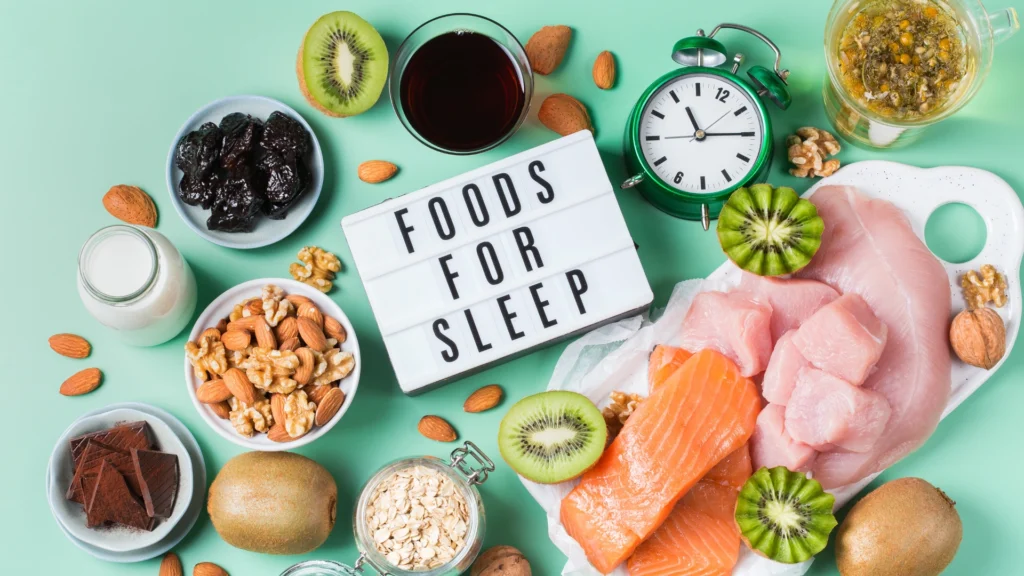
Certain foods can help promote better sleep by providing the nutrients and compounds that support the body’s natural sleep processes. Here are some foods that can improve sleep quality:
- Tryptophan-Rich Foods: Tryptophan is an amino acid that the body uses to produce serotonin and melatonin, both of which are important for regulating sleep. Foods rich in tryptophan include turkey, chicken, milk, cheese, yogurt, nuts, seeds, and eggs.
- Magnesium-Rich Foods: Magnesium helps relax muscles and calm the nervous system. Foods high in magnesium include leafy green vegetables (such as spinach and kale), nuts, seeds, bananas, and whole grains.
- Complex Carbohydrates: Whole grains like oatmeal, quinoa, and brown rice can help promote the production of serotonin, which can improve sleep quality. Complex carbs can also help stabilize blood sugar levels, preventing disruptions in sleep.
- Calcium-Rich Foods: Calcium is involved in the production of melatonin. Dairy products like milk, cheese, and yogurt, as well as leafy greens, almonds, and sardines, are good sources of calcium.
- Melatonin-Rich Foods: Some foods contain natural melatonin, which can help regulate your sleep-wake cycle. These include tart cherries, grapes, tomatoes, and walnuts.
- Herbal Teas: Certain herbal teas, such as chamomile, valerian root, and lavender, have calming properties that can help you relax and fall asleep more easily.
- Healthy Fats: Foods rich in omega-3 fatty acids, such as fatty fish (salmon, mackerel, sardines), flaxseeds, chia seeds, and walnuts, can support brain health and improve sleep.
How Often Should I Use Natural Remedies for Sleep?
For most people, natural sleep aids can be used as needed, particularly during increased stress or occasional sleeplessness. However, using them responsibly and staying focused on them is essential. Long-term, daily use of certain remedies, like melatonin or valerian root, should be monitored and discussed with a healthcare provider to avoid potential side effects or diminishing effectiveness.
What Natural Drinks Aid in Sleep?
Several natural drinks can help promote relaxation and improve sleep quality. Here are a few:
- Chamomile Tea: Known for its calming properties, it can help you relax and fall asleep more easily.
- Valerian Root Tea: This herbal tea can help reduce the time it takes to fall asleep and improve sleep quality.
- Tart Cherry Juice: Rich in natural melatonin, tart cherry juice can help regulate your sleep-wake cycle.
- Warm Milk: Contains tryptophan, which helps increase serotonin and melatonin levels, aiding sleep.
- Peppermint Tea: Can help relax the muscles and mind, making it easier to fall asleep.
- Lemon Balm Tea: Helps reduce stress and anxiety, promoting better sleep.
Can Exercise Improve Sleep Naturally?
Yes, exercise can significantly improve sleep quality naturally. Regular physical activity helps regulate the body’s internal clock, reduces stress, and promotes relaxation, all essential for good sleep. Research shows that people who engage in at least 150 minutes of moderate-intensity exercise per week experience a 65% improvement in sleep quality.
Exercise can also reduce insomnia symptoms and increase the amount of deep sleep, which is crucial for physical and mental restoration. However, it’s best to avoid vigorous exercise close to bedtime, as it may have a stimulating effect and make it harder to fall asleep. This is an excellent tip for those seeking how to increase deep sleep.
How Does Meditation Help With Sleep?

Meditation can be a powerful tool for improving sleep by promoting relaxation and reducing stress. Here’s how it helps:
- Reduces Stress: Meditation helps lower cortisol levels, the stress hormone which can interfere with sleep.
- Calms the Mind: By focusing on the present moment and clearing the mind of worries, meditation helps reduce anxiety and racing thoughts that can keep you awake.
- Improves Sleep Quality: Regular meditation can increase melatonin production, which helps regulate the sleep-wake cycle.
- Promotes Relaxation: Techniques such as deep breathing and guided imagery used in meditation help relax the body and prepare it for sleep.
Are Natural Sleep Remedies Safe for Children?
Natural sleep remedies can be safe for children, but it is crucial to approach them cautiously and consult a healthcare provider before use. Children’s bodies are more sensitive and may react differently to supplements and herbs. Remedies like chamomile tea and lavender aromatherapy are generally considered safe and can help promote relaxation and sleep in children.
However, more potent treatments, such as valerian root or melatonin, should be used under strict medical guidance and typically only when other sleep strategies have been unsuccessful. Dosages must be carefully adjusted based on the child’s age, weight, and health condition. Additionally, creating a healthy sleep environment and establishing a consistent bedtime routine are essential for helping children develop good sleep habits.
How Long Do Natural Sleep Remedies Take to Work?
The time it takes for natural sleep remedies to work can vary depending on the specific remedy and the individual’s body chemistry. Some remedies, like chamomile tea and lavender essential oil, can promote relaxation within 15 to 30 minutes after consumption or use. Melatonin supplements typically take about 30 minutes to an hour to induce drowsiness and help you fall asleep.
Valerian root may take a little longer, often requiring consistent use over a few days to a week before noticeable improvements in sleep are observed. It is essential to follow the recommended guidelines for each remedy and allow sufficient time for them to take effect before expecting significant results.
Can Dietary Changes Improve Sleep Quality?
Yes, dietary changes can significantly improve sleep quality. Consuming a balanced diet that includes foods rich in sleep-promoting nutrients can make a big difference. Foods high in tryptophan, like turkey, chicken, eggs, and dairy products, help the body produce serotonin and melatonin, which regulate sleep.
Magnesium-rich foods, such as leafy green vegetables, nuts, seeds, and whole grains, aid in muscle relaxation and nerve function, promoting restful sleep. Including complex carbohydrates, like oats and quinoa, can stabilize blood sugar levels and prevent nighttime awakenings. Additionally, avoiding caffeine, nicotine, and heavy meals close to bedtime can reduce sleep disturbances.
Are OTC Sleep Aids Safe?
Over-the-counter (OTC) sleep aids can be safe for short-term use, but they come with potential risks and side effects that need to be considered. Most OTC sleep aids contain antihistamines like diphenhydramine or doxylamine, which can cause drowsiness and help you fall asleep. However, these can also lead to side effects such as dry mouth, dizziness, constipation, and daytime grogginess. Long-term use can result in tolerance, where the effectiveness decreases over time, and dependency, where you might find it hard to sleep without them. Additionally, OTC sleep aids can interact with other medications and exacerbate conditions like asthma, glaucoma, and urinary retention.
Conclusion
Finding effective and safe ways to improve sleep is crucial, especially given sleep disorders’ significant impact on daily life. This article has explored a variety of natural sleep aids, from valerian root and chamomile tea to dietary changes and lifestyle practices. Each remedy offers unique benefits and can be tailored to individual needs.
While natural remedies can be highly effective, using them responsibly and consulting healthcare providers when necessary is essential. Incorporating these aids into a holistic approach to sleep, which includes a healthy diet, regular exercise, and good sleep hygiene, can lead to more restful and rejuvenating sleep, helping you feel more alert and productive during the day.


